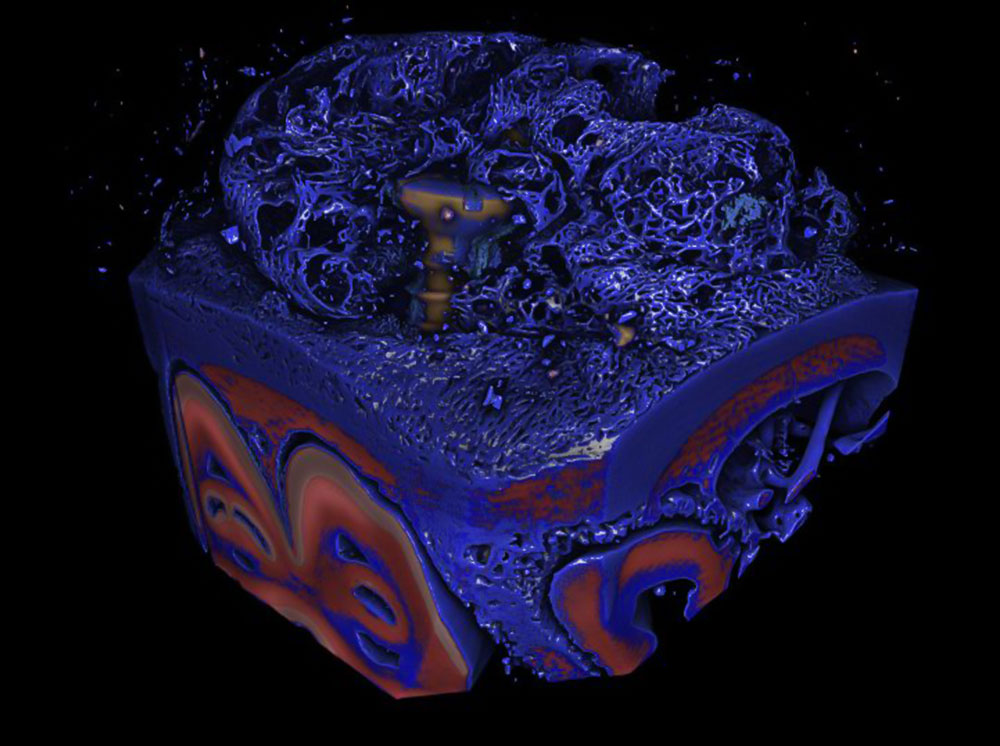
The world now stands at the frontier of an exciting new industrial landscape, a revolution that that will transform the foundations of manufacturing and medicine. Rapid advances advanced manufacturing technology can provide unparalleled fabrication capabilities that fundamentally challenge the established industry paradigms.
Particularly promising is additive manufacturing for biomedical applications, or additive biomanufacturing (ABM), where personalized and customized approaches can be developed through ABM to help surgeons and clinicians to treat patients with challenging problems ranging from large bone defects to deafness.
The ARC Industrial Transformation Training Centre in Additive Biomanufacturing works collaboratively to develop advanced bioprinters, bioinks, and 3D printed clinical tools to train future leaders and transform the national advanced manufacturing industry by building an emerging additive biomanufacturing sector in Australia.
This program will investigate and develop AM technology for lattice-based implants and materials for mimicking the radiation properties of lung in collaboration with StVincents and Peter Mac hospitals. This work will enable both a new design of implants and a unique novel line of test objects for radiotherapy to address urgent needs in modern radiotherapy where image guidance, dynamic deliveries and high precision are paramount.
The Centre is structured into three synergistic and innovative programs:
The recent rapid emergence of Additive Manufacturing (AM) has enabled many new modalities of manufacturing from custom components to in situ manufacturing. Yet many research challenges remain in translating the early promise of AM to success in manufacturing functional components and systems. This is particularly important for additive biomanufacturing, where multiple material types are desired and strict processing needs must be met. Hence, the primary focus of this research program is to go beyond established single material printing processes and applications that exhibit conventional levels of functionality, toward the challenges of developing the next generation of multi-material and multifunctional bioprinters. This innovative research program moves towards the realisation of multi-material additive biomanufacturing and the scaling up of the manufacturing processes.
This project focuses on systematic development of biomaterials that can be used for Additive Biomanufacturing (ABM), or ‘bioinks’. Bioinks can be developed into a variety of forms (e.g., hydrogels, polymers, ceramics, and metals) for different biomedical applications. The special requirements of bioinks compared to commodity 3D printing materials are that bioinks need to be compatible with both printing processes and biological processes. Despite their vital importance for ABM, little research has been carried out on the development and upscale of bioinks. This Program will ultimately deliver bioink formulations with controlled biodegradability and bioactivity at an industrial scale.
This research work is focused on innovative approaches for clinical use of additive biomanufacturing. In this program, in collaboration with our industry partners, the group aims to advance medical applications of 3D printing. The overall objective is to make advances in radiotherapy, customised and personalised additively biomanufactured titanium implants, and the development of novel therapies for treating cartilage defects.
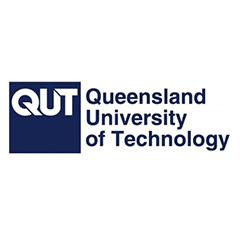
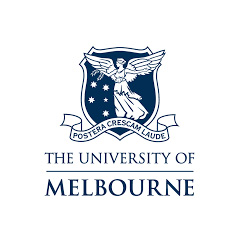
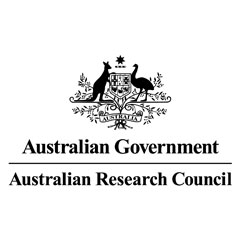
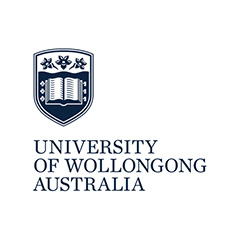
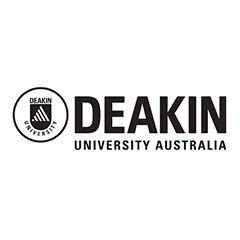

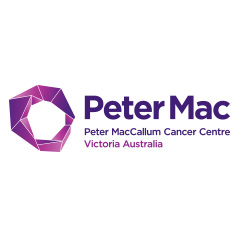
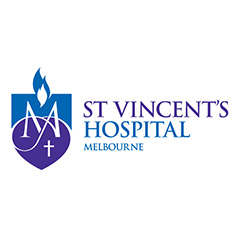
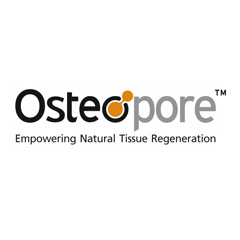
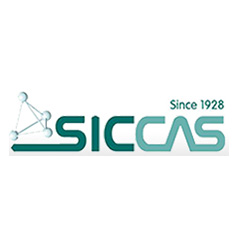
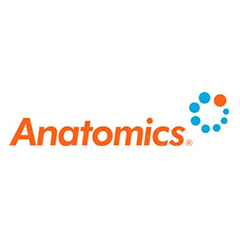
Acknowledgement of Country
RMIT University acknowledges the people of the Woi wurrung and Boon wurrung language groups of the eastern Kulin Nation on whose unceded lands we conduct the business of the University. RMIT University respectfully acknowledges their Ancestors and Elders, past and present. RMIT also acknowledges the Traditional Custodians and their Ancestors of the lands and waters across Australia where we conduct our business - Artwork 'Luwaytini' by Mark Cleaver, Palawa.
Acknowledgement of Country
RMIT University acknowledges the people of the Woi wurrung and Boon wurrung language groups of the eastern Kulin Nation on whose unceded lands we conduct the business of the University. RMIT University respectfully acknowledges their Ancestors and Elders, past and present. RMIT also acknowledges the Traditional Custodians and their Ancestors of the lands and waters across Australia where we conduct our business.